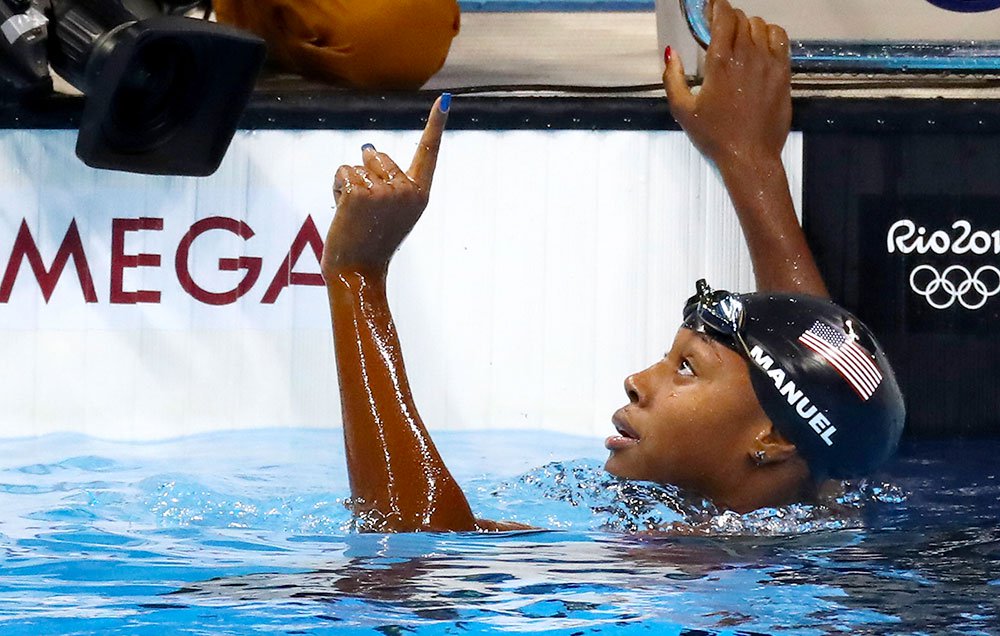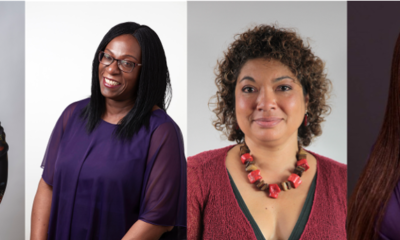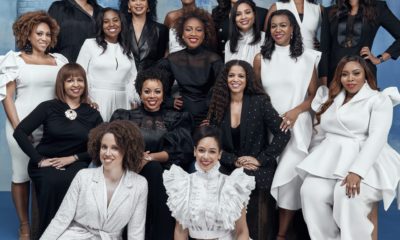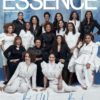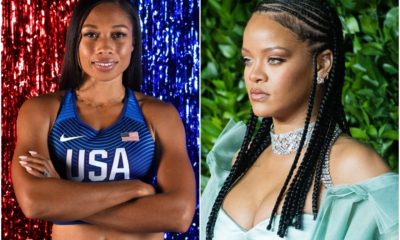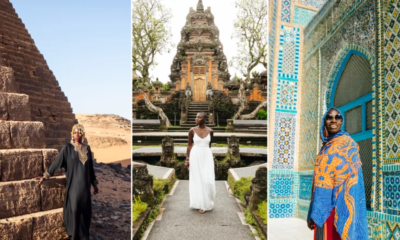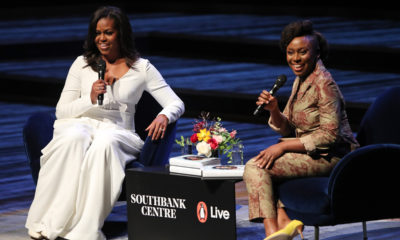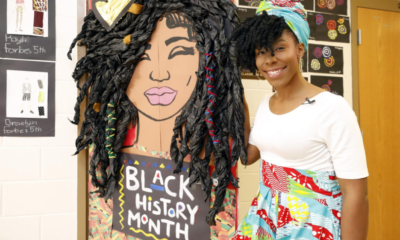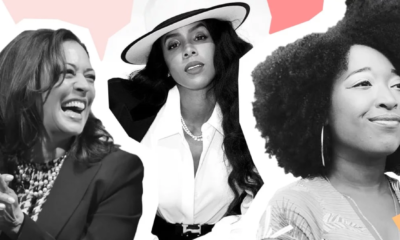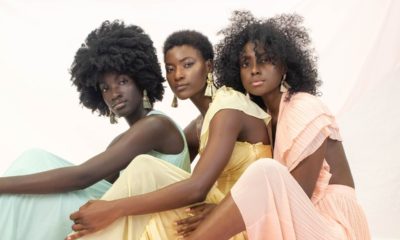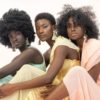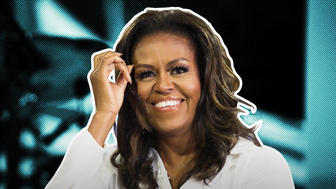Featured Articles
I’m A Swimmer. I’m Black. Surprised? You Should Be.
When I tell people I routinely swim, more often than not, they do a double take. Here’s why.
I am a swimmer. I own all the proper gear. Both my suit and goggles are highly rated on Amazon, and I use a fancy French sunscreen to protect my face from chlorine burn. If I time my mornings right, I can swim 10 laps, take a long shower, hydrate my curls, and be at my desk before 9:30 a.m. Swimming is the one workout I stick with. The repetition lulls me into a meditative state where I can think and decompress; all the while, my body is stretching and pulling against the weight of the water. Resistance training at its best.
Still, when I tell people I routinely swim, more often than not, they do a double take. That’s because I am a black woman. And everyone knows black people—women in particular—don’t swim. Except we do, as Simone Manuel’s 2016 Olympic gold proved. I grew up on military bases surrounded by black kids who swam. My father was a lifeguard; my sister, too. Between privilege and proximity, I missed the memo that said black women don’t swim. So I do.
Still, I understand why others don’t. A 2010 USA Swimming study conducted by University of Memphis researchers found African Americans swim at lower rates than whites for four reasons: lack of parental encouragement, fear of drowning, hair concerns, and the cultural belief that only white people swim.
These reasons are all understandable if you know the history of recreational swimming in America. Water is an all-encompassing, physical force that overwhelms if allowed. Understanding how to navigate through it is not innate. You must learn the way it moves and responds. Familiarity requires access—repeated exposure to a pool or a clean river, lake, or beach. That type of access is not as democratic as it should be. When Issa Rae’s character tells a colleague in Episode 3 of Insecure (“Racist as F**K”) that slavery is the reason more of the brown and black kids they work with can’t swim, she’s only being a bit facetious. Racism and classicism are very much tied to access to clean water in this country, from drinking water to swimming holes.
“African Americans had far more restricted access to pools and lessons than whites…
Please read original article – I’m A Swimmer. I’m Black. Surprised? You Should Be.



